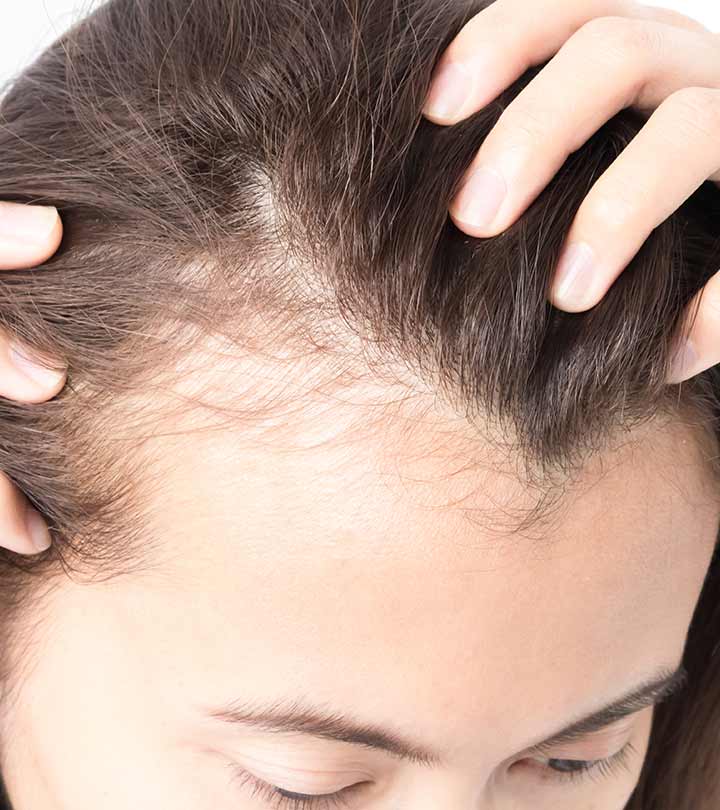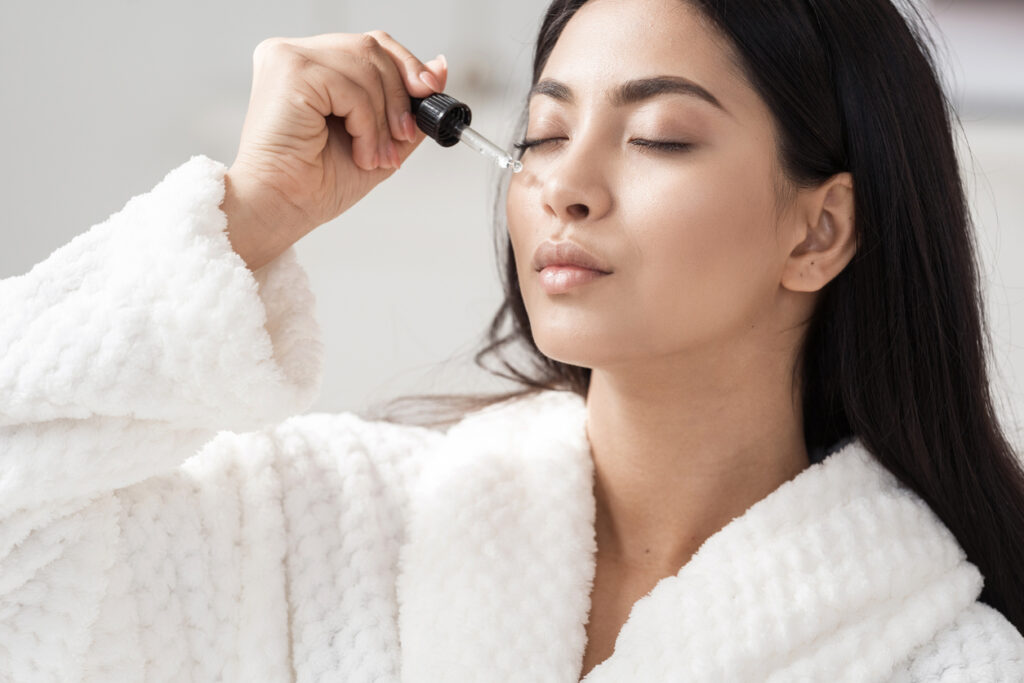Understanding Hair Fall: Causes and Factors
Genetic Predisposition
One of the leading causes of hair fall is genetic predisposition. If your family has a history of hair thinning or baldness, you may be more susceptible to experiencing similar issues. Genetic hair loss is typically gradual and follows a specific pattern, which can be distressing for individuals who value their hair’s appearance.
Hormonal Imbalances
Hormones play a crucial role in hair health. Fluctuations in hormones, such as those that occur during pregnancy, menopause, or conditions like polycystic ovary syndrome (PCOS), can lead to hair fall. Balancing hormones through proper medical guidance can help mitigate this type of hair loss.
Poor Nutrition
Your hair’s health is a reflection of your overall well-being. A diet lacking essential nutrients, such as vitamins, minerals, and protein, can weaken hair follicles and lead to increased hair fall. Incorporating a balanced diet rich in these nutrients can significantly contribute to hair revival.
Stress and Lifestyle
Modern life is often accompanied by stress, which can contribute to hair fall. High stress levels trigger the release of cortisol, a hormone that can disrupt the hair growth cycle. Adopting stress reduction techniques and a healthy lifestyle can positively impact hair health.
The Science Behind Hair Growth
Hair Growth Cycle
Understanding the hair growth cycle is vital to address hair fall. The cycle consists of three phases: anagen (growth), catagen (transition), and telogen (resting). Identifying which phase your hair is in can help determine the appropriate interventions.
Role of Hair Follicles
Hair follicles are small structures beneath the scalp that produce hair. Ensuring the health of hair follicles is essential for hair growth. Regular scalp massages, proper hygiene, and nutrient-rich oils can nourish hair follicles and promote growth.
Nutrient Supply to Hair
Hair requires specific nutrients to grow and thrive. Vitamins such as A, C, D, and E, as well as minerals like biotin and zinc, are essential for healthy hair. A well-balanced diet or supplements can provide the necessary nutrients for optimal hair growth.
Reversing Hair Fall: Effective Strategies
Balanced Diet and Nutritional Supplements
A diet rich in proteins, fruits, vegetables, and whole grains provides the foundation for healthy hair. Including supplements like biotin and omega-3 fatty acids can further enhance hair strength and growth.
Scalp Care and Hygiene
Maintaining a clean and well-hydrated scalp is crucial. Using mild shampoos, avoiding excessive heat styling, and protecting your hair from environmental pollutants can prevent hair fall.
Natural Oils and Remedies
Several natural oils, such as coconut oil, castor oil, and rosemary oil, have been shown to promote hair growth. Regular application and gentle massages can stimulate blood flow to the scalp and encourage hair growth.
Medical Interventions
In cases of severe hair fall, medical interventions like minoxidil and finasteride can be effective. These medications are designed to stimulate hair follicles and prevent further hair loss.
Nurturing Hair Health for the Long Term
Regular Exercise and Stress Management
Engaging in regular physical activity improves blood circulation, which benefits hair follicles. Additionally, stress-relief techniques like meditation and yoga can help maintain a healthy hair growth cycle.
Adequate Sleep and Its Impact on Hair
Sleep is essential for overall health, including hair health. During sleep, the body repairs and regenerates cells, contributing to healthy hair growth. Aim for 7-9 hours of quality sleep each night.
Avoiding Harmful Styling Practices
Excessive heat styling, tight hairstyles, and chemical treatments can weaken hair and lead to breakage. Opt for gentler styling methods and give your hair regular breaks from harsh treatments.
The Psychological Impact of Hair Fall
Boosting Self-Confidence
Experiencing hair fall can impact self-esteem. Finding ways to boost self-confidence, such as embracing new hairstyles or seeking support from loved ones, can positively influence your outlook.
Seeking Support
If hair fall takes a toll on your emotional well-being, consider seeking professional help. Counselors or support groups can provide guidance and a safe space to discuss your feelings.
Debunking Common Myths About Hair Fall
Hat Wearing and Hair Fall
Contrary to popular belief, wearing hats does not directly cause hair fall. However, wearing excessively tight hats for prolonged periods can affect blood circulation to the scalp.
Frequent Shampooing and Hair Loss
Frequent shampooing is unlikely to cause hair loss. In fact, keeping your scalp clean can prevent clogged follicles, leading to healthier hair.
Embracing the Journey: Patience and Consistency
Reversing hair fall and thinning trends requires patience and consistent effort. Understand that visible results may take time, but with dedication to a healthy routine, you can achieve remarkable improvements in your hair’s health.
Conclusion
The journey to reversing hair fall and thinning trends is multifaceted. By addressing the underlying causes, adopting a balanced lifestyle, and nurturing your hair with proper care and nutrition, you can experience a great hair revival. Remember, each person’s hair journey is unique, so embrace the process and celebrate the small victories along the way.
FAQs
- Is hair fall reversible? Yes, with the right strategies and treatments, many cases of hair fall are reversible. It’s important to identify the underlying cause and take appropriate action.
- Are natural remedies effective in promoting hair growth? Natural remedies like oils and massages can be beneficial for stimulating hair growth, but results may vary from person to person.
- Can stress really cause hair fall? Yes, chronic stress can disrupt the hair growth cycle and lead to increased hair fall. Managing stress through relaxation techniques is crucial for hair health.
- How long does it take to see noticeable results? Visible results may take several months, as hair growth occurs gradually. Consistency in following a healthy routine is key.
- When should I consider medical interventions? If you’re experiencing significant hair loss, it’s advisable to consult a medical professional who can recommend suitable interventions based on your condition.




